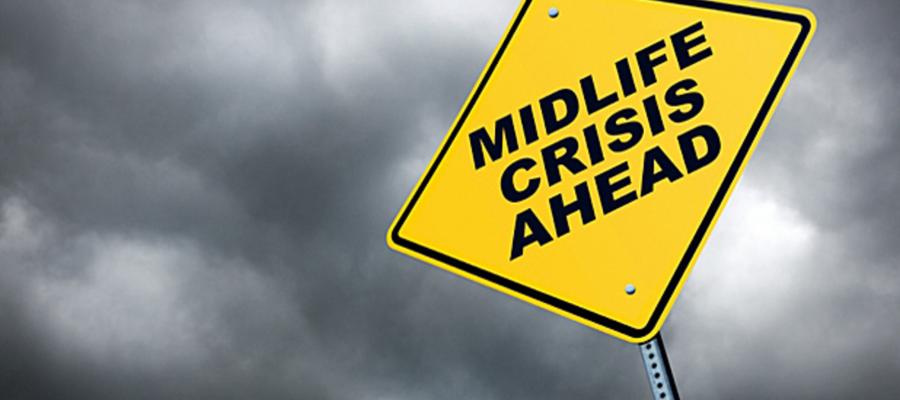
08 Jan DO UNICORNS HAVE MIDLIFE CRISES?
“We don’t wake up saying ‘I’m going to do the same stupid things I did yesterday, but by the end of the day, we normally do.”
–James Hollis, Through the Dark Wood, Finding Meaning in the Second Half of Life
Originally, I had intended this blog post to be a missive recounting the successes and failures of a decade in review. So, in preparation for writing, I reviewed numerous journals I had penned over the course of the last ten years. Instead of having some sort of profound revelation of the quest along the hero’s journey, I was struck by the repetitive and banal nature of the entries. Failed relationships. Career dissatisfaction. Ennui. Existential angst. And, every once in a blue moon or some other astrological phenomena, there appeared a nod to the beneficence of the Universe or a small pat on my back to quiet the Inner Critic. I was a bit taken aback at a decade-long inability to register the pervasive nature of the ingrained, unconscious patterns which dictated my life.
In 1957, a Canadian psychoanalyst Elliott Jacques presented a paper to the British Psychoanalysts Society with noted members Donald Winnicott and Melanie Klein in the audience. In addressing a hundred or so attendees, Jacques birthed the modern notion of the “midlife crisis.” In the presentation, which drew largely from the lives of famous creatives, Jacques posited that individuals faced a depressive period of several years when they reach the age of 35, give or take, with symptoms that could include religious awakenings, promiscuity, a sudden inability to enjoy life, “hypochondriacal concern over health and appearance,” and “compulsive attempts” to remain young. The presentation was a dud. Eight years later, however, Jacques published the paper in the International Journal of Psychoanalysis. This time, the topic struck a chord with its audience and the concept of the mid-life crisis became a cultural phenomenon.
I like to think I am original, a unicorn if you will. But, my mid-life crisis (or spiritual awakening as Brene Brown would describe it), was fairly textbook. There were no appearances of the Virgin Mary on the back of a tortilla. I did not have a near death experience or touch the hand of God. Instead, I simply was overtaken by aimlessness and exhaustion. I lacked a sense of purpose and direction. Life was humdrum. And, most importantly, I was trapped in entrenched, maladaptive patterns of relating to myself and others. In short, I was miserable.
In his work as a Jungian analyst, James Hollis traces our reflexive patterns as adults to our fears as children of being overwhelmed by the world or, conversely, being abandoned by our caretakers. The point of mid-life, he argues, is to identify and come to grips with our unconscious patterns such that our awareness allows us to make conscious changes of our behavior. I have done an intense amount of internal work to overcome those patterns. I worked the 12 steps, journaled intensely, researched, and most importantly had an excellent therapist to guide me. So, now, when I read journal entries from 10 years ago which are saturated with fears of abandonment, I can understand the origin of that anxiety and address it in the moment. The same is true of any other form of avoidance or over-compensation.
While it is easy to get lost in the “dark wood,” I have been fortunate to have a good therapist and support network to help me move through the angst of mid-life. I am in the middle of a career change which has been an awesome and enlightening journey. I am in a strong relationship where I rarely feel anxious (mostly, I laugh a lot) and I am learning to face my fear of intimacy. I am focusing more on being in the moment and feel much more in control of my destiny. But, the patterns have not vanished and still make appearances often. I’m just slightly better equipped to deal with them. Life has more meaning and purpose. And, I think that is pretty damn good. So, here’s a nod to the beneficence of Universe and a small pat to myself on the back.



Sorry, the comment form is closed at this time.